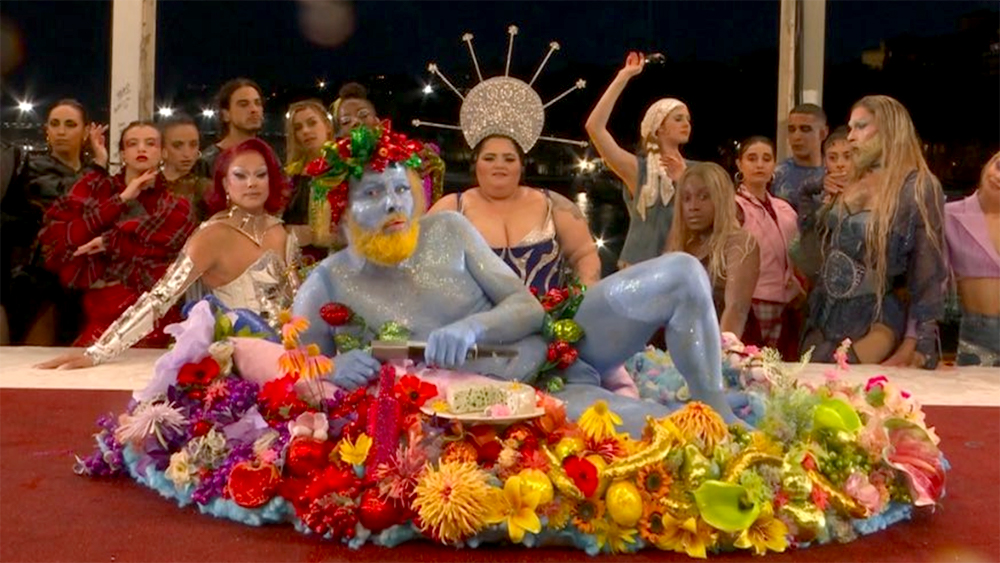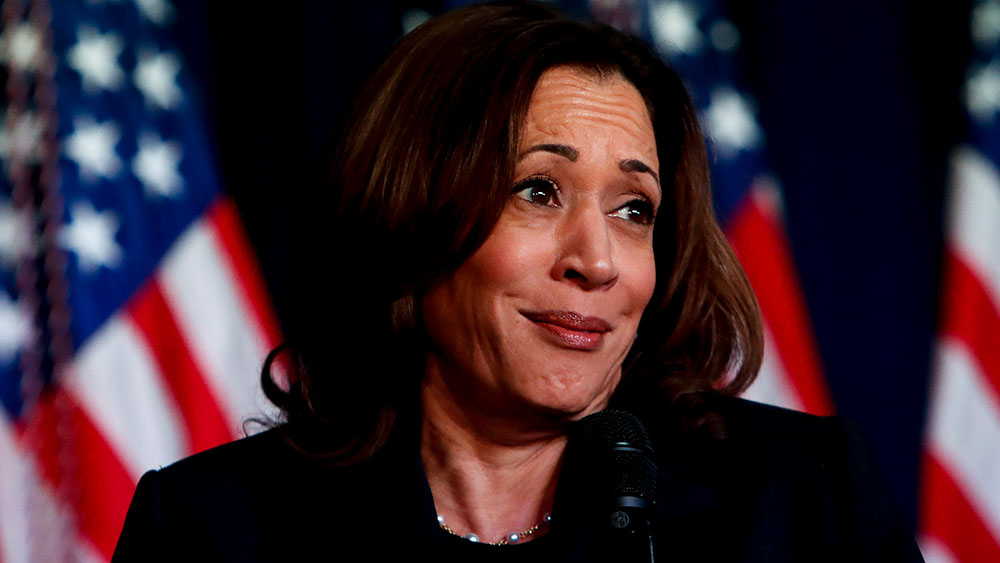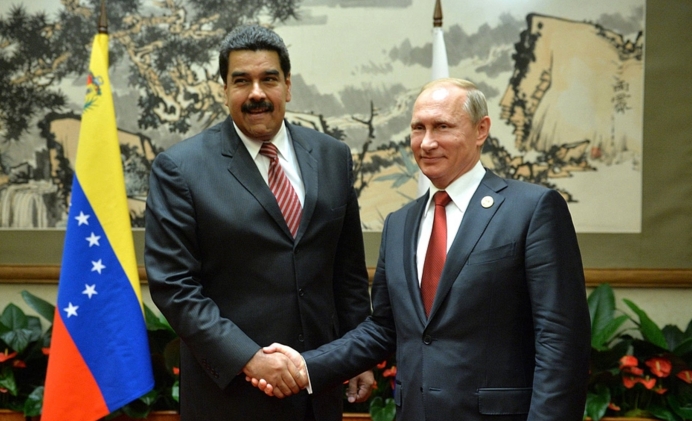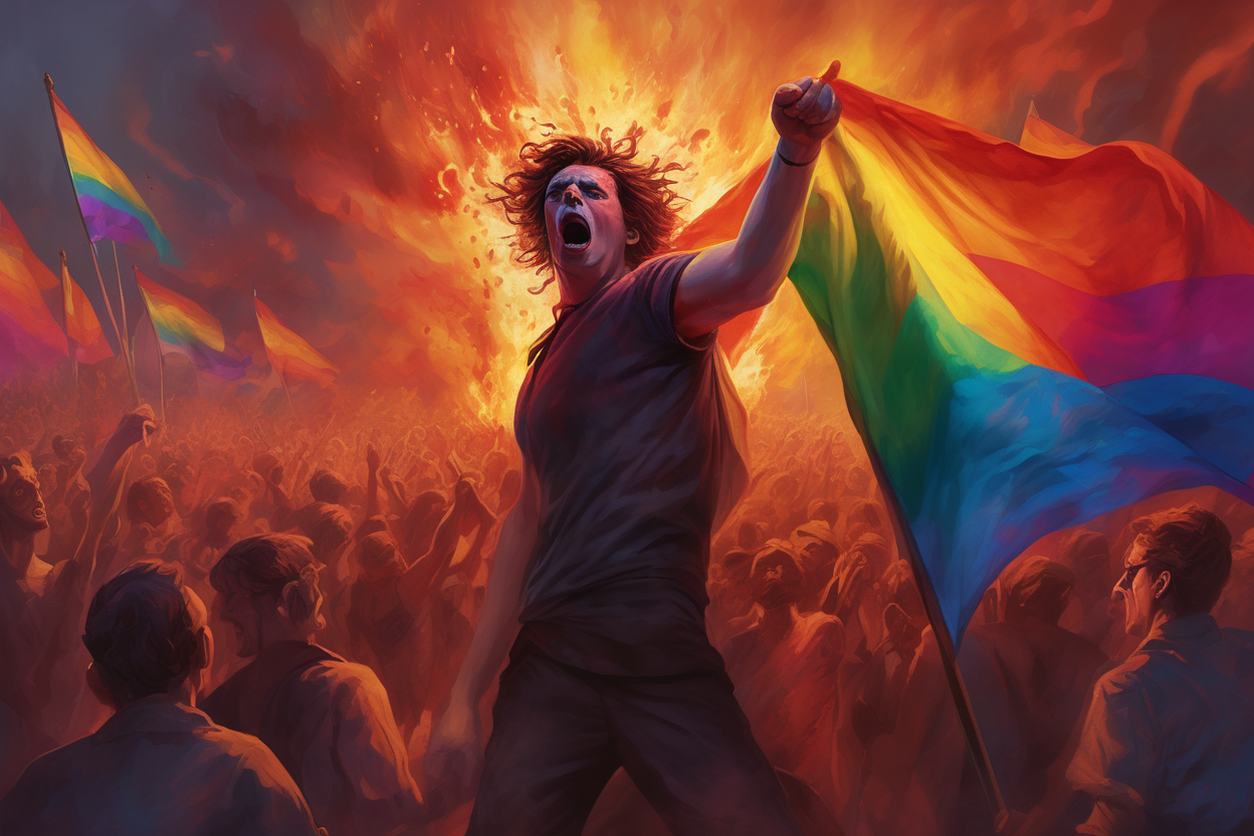
Held on the Seine River in France, the opening ceremony attracted millions of viewers from around the world, and while there were numerous gaffes, such as the South Korean team of athletes being introduced as North Koreans, the drag queen controversy has been dominating the conversation.
The event immediately drew criticism from the Conference of French Bishops, who said in a statement: “This ceremony has unfortunately included scenes of derision and mockery of Christianity, which we very deeply deplore.”
U.S. House Speaker Mike Johnson called out the act on social media, writing: “Last night’s mockery of the Last Supper was shocking and insulting to Christian people around the world who watched the opening ceremony of the Olympic Games.”
At least one company has withdrawn its support for the games, with tech firm C Spire announcing it will be pulling its Olympic advertising in response to the controversial act.
The Olympics have been accused of trying to curb criticism of the ceremony via a censorship campaign, with numerous social media users who posted videos or screenshots of the controversial scene being hit with Digital Millennium Copyright Act (DCMA) complaints, which can lead to account suspensions.
Officials are trying to convince the public they had no idea people would be offended
Officials finally issued a half-hearted apology in response to the outrage. A spokeswoman for Paris 2024 stated: "There was never an intention to show disrespect to a religious group. If people have taken any offense, we are, of course, really sorry."
It’s hard to believe that it never occurred to them that deriding the religious beliefs of billions of people around the world on a global stage wouldn’t go over well. After recreating a famous scene in the Bible involving Jesus’s final dinner with his apostles before being crucified using drag queens and a transgender model, what kind of response did they think they would get?
A spokesperson for the Holy See, Bishop Emmanuel Gobillard, told NBC News: “The fact that our religion should be mocked is usual and we are used to blasphemy in France, but the context isn’t the same. In an event that brings together all or part of the population, I found this staging hurtful and out of place.”
Artistic director Thomas Jolly made a laughable statement, telling the media that it was really about diversity and inclusion.
“We wanted to talk about diversity. Diversity means being together. We wanted to include everyone, as simple as that,” he said, with the world’s 2.4 billion Christians apparently not falling under his definition of “everyone.” Imagine the response they would have received if they had instead tried to mock something related to Islamic beliefs.
Considering how much time and money is put into planning the Olympics many years in advance, no one is buying their claim that it never occurred to anyone involved that this would somehow be upsetting to a significant number of people. It was surely rehearsed multiple times in the presence of Olympic officials. They knew, but they apparently didn’t care.
Aren’t the Olympics supposed to be about sports?
Sources for this article include:
Please contact us for more information.















